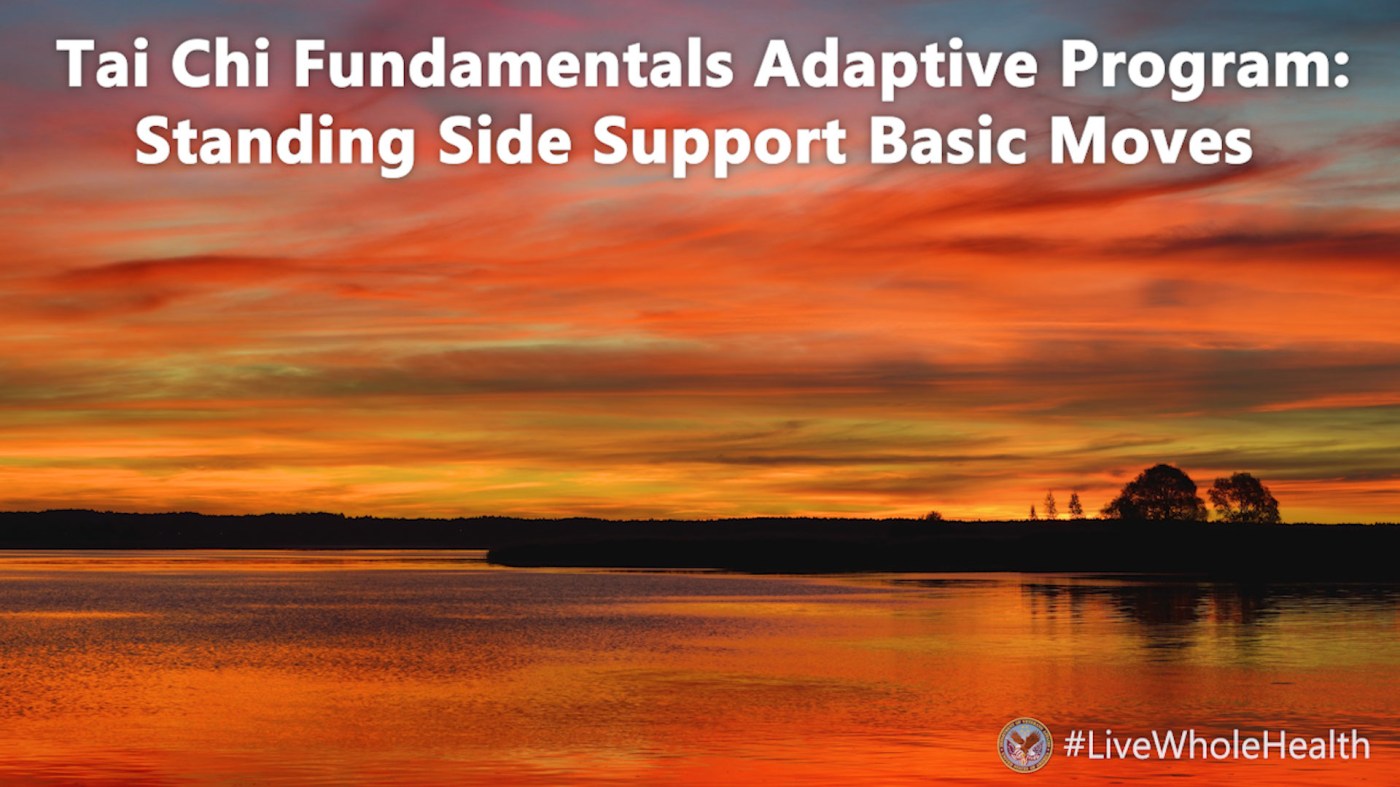Veterans who have been involved with the criminal justice system (justice-involved Veterans) face a host of challenges and barriers as they navigate civilian life. Higher rates of traumatic brain injury and stressors, such as housing insecurity, are notable in those with a lifetime history of justice involvement.
Recent research shows that justice-involved Veterans have more severe PTSD and depressive symptoms and are at greater risk for suicidal ideation and suicide attempts.
“These types of factors can also increase known risk factors for suicide such as feeling hopeless, being a burden to others, and not belonging or feeling alone,” said Dr. Ryan Holliday, clinical research psychologist at the Rocky Mountain Mental Illness Research, Education and Clinical Center for Veteran Suicide Prevention (MIRECC).
Reaching and supporting these Veterans, and the providers working with them, remains a top priority for VA. It is also essential to ensure providers have the tools and resources they need to successfully help justice-involved Veterans.
For example, providers working with justice-involved Veterans at risk for suicide can request a free-of-charge consult with the Suicide Risk Management Consultation Program (SRM).
Recommend providers needing support reach out to VA
“Given that justice-involved Veterans can be clinically complex and experiencing ongoing, psychosocial stressors (parole), conducting assessment, and navigating treatment, at times, can be challenging,” Holliday said. “We recommend that providers needing support reach out to the VA National Suicide Risk Management service to work with one of our trained experts.”
SRM consultants offer tailored, one-on-one support so providers have a safe space to ask questions and share concerns. They can receive validation around complex scenarios related to Veteran suicide prevention, such as assessing a history of justice involvement.
Earlier this month, SRM’s monthly lecture focused on understanding and navigating elevated suicide risk when working with justice-involved Veterans. Past lecture recordings are available after each session for those unable to attend. Register here for upcoming, live webinars which are also eligible for CEUs.
Misunderstanding can impact perception
Research shows that a misunderstanding or a lack of awareness of justice involvement can impact perceptions of a Veteran’s experiences.
“We don’t want to solely attribute a Veteran’s difficulty finding a job to mental health symptoms without considering a history of criminal justice involvement.
“By not identifying those recently or currently involved with the criminal justice system, Veterans may not be connected to critical resources to facilitate rehabilitation and/or re-entry.”
VA and other organizations have several resources and tools to help address justice-involved Veteran needs. Veterans, providers, and their families can reference the following resources:
- VA Homeless Programs
- Veterans Justice Outreach Program
- VA/DoD Clinical Practice Guideline (CPG) For Patients at Risk for Suicide
VA and community providers can visit the SRM website to learn more or request a consult today by sending an email to srmconsult@va.gov.
Topics in this story
More Stories
After Addison’s Disease and lumbar spine surgery, nurse Veteran Gayle Smith re-learned how to ski. “You have more courage than you think.”
Follow these 10 winter safety tips to stay warm, safe and protected during the cold winter.
Forget 'No Pain, No Gain'—try 'No Pain, More Gain' with Tai Chi! Calm the mind and gift yourself well-being in this week's #LiveWholeHealth practice.






